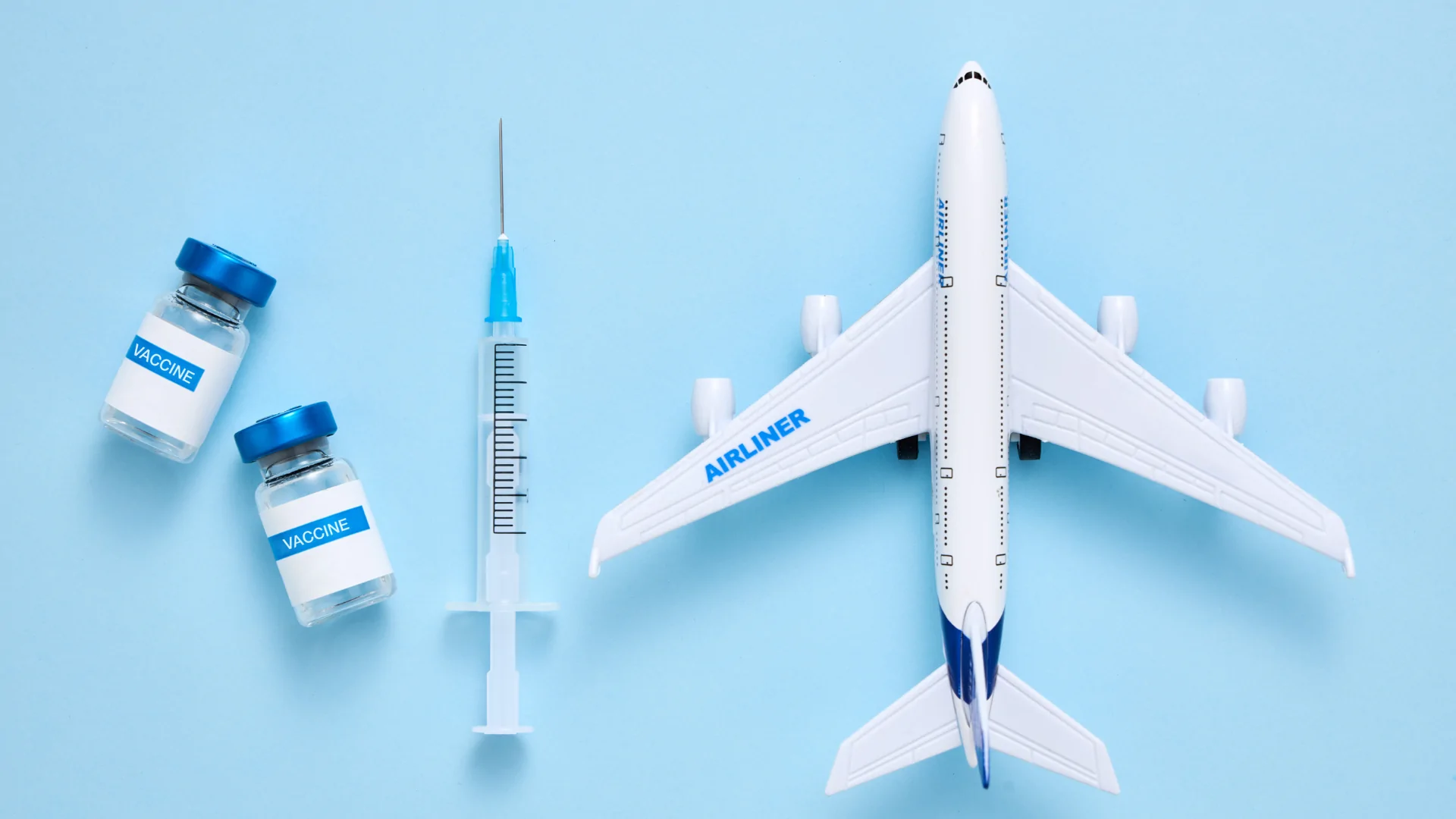Embarking on an Asian adventure is an exhilarating experience filled with vibrant cultures, breathtaking landscapes, and unforgettable memories. However, ensuring your health is a top priority, and this begins with understanding the Holiday Injections you might need. Whether you’re planning to explore the bustling streets of Bangkok or the serene beaches of Bali, preparing for vaccinations is a critical part of your journey.
Why Are Holiday Injections Important for Travel?
Traveling to new regions exposes you to illnesses not commonly found in the UK. Vaccines protect you from potentially life-threatening diseases while also preventing the spread of illnesses across borders. Many parts of Asia have climates and conditions where diseases such as typhoid, hepatitis, and Japanese encephalitis thrive. Ensuring you are vaccinated gives you peace of mind and helps you enjoy your holiday to the fullest.
Common Vaccines Recommended for Asian Travel
1. Hepatitis A and B
Hepatitis A and B are among the most common vaccines recommended for travelers heading to Asia.
- Hepatitis A: Spread through contaminated food or water, this disease affects the liver and can cause severe illness.
- Hepatitis B: This is transmitted through blood or bodily fluids and can result in chronic liver conditions. A combined Hepatitis A and B vaccine is often available for added convenience.
2. Typhoid
Typhoid fever is a bacterial infection caused by consuming contaminated food or water. It is prevalent in many parts of Asia, especially in rural and developing areas. A single dose of the typhoid vaccine can protect you for up to three years.
3. Japanese Encephalitis
This mosquito-borne illness is more common in rural parts of Asia. Travelers visiting areas with rice paddies, wetlands, or prolonged outdoor activities should consider this vaccine.
4. Rabies
Rabies is not only found in wild animals but also in domestic pets across many Asian countries. Vaccination is especially important for those who plan to spend time in rural areas or engage in activities like hiking.
5. Cholera
Cholera is rare for short-term travelers but can be a risk in areas with poor sanitation or during natural disasters. A drinkable vaccine is available for protection.
6. Malaria Prevention
Though not a vaccine, malaria prevention involves medication and precautions to avoid mosquito bites. Always consult your healthcare provider for a prescription if you are visiting malaria-prone areas.
When Should You Start Preparing for Vaccinations?
Vaccinations should ideally be started 6–8 weeks before your travel date. This allows adequate time for the vaccines to take effect and for multiple doses if needed. For last-minute travelers, it’s still possible to get necessary vaccines, but planning ahead is always better.
Steps to Take:
- Consult Your GP or Travel Clinic: Discuss your travel itinerary to determine which vaccines are necessary.
- Book Your Appointments: Some vaccines may require multiple doses over several weeks.
- Keep Records: Carry a copy of your vaccination records while traveling.
What to Expect During Your Vaccination Appointment
At your appointment, the healthcare provider will:
- Review your travel plans and medical history.
- Recommend vaccines based on your destination and planned activities.
- Administer the vaccines, which may involve minor side effects like soreness or mild fever.
They will also provide essential advice on travel health, such as food safety tips and mosquito bite prevention.
Travel Health Tips Beyond Vaccinations
Food and Water Safety
- Always drink bottled or boiled water.
- Avoid ice cubes unless you are sure of their source.
- Eat well-cooked meals and avoid street food in unhygienic conditions.
Mosquito Protection
- Use insect repellents containing DEET.
- Wear long-sleeved clothing, especially during dawn and dusk.
- Sleep under mosquito nets if staying in rural areas.
Carry a Travel Health Kit
Include items like pain relievers, anti-diarrheal medication, rehydration salts, and any prescribed malaria tablets.
Costs and Insurance for Travel Vaccines
The cost of vaccines varies depending on the type and number of doses required. While some vaccines, such as Hepatitis A and Typhoid, are often available for free through the NHS, others like Japanese Encephalitis and Rabies may need to be obtained privately. Check with your health provider and ensure your travel insurance covers medical emergencies abroad.
Staying Healthy During Your Asian Adventure
Vaccinations are a crucial part of staying healthy, but so is practicing good hygiene and being aware of your surroundings. Pay attention to local health alerts, and don’t hesitate to seek medical advice if you feel unwell during or after your trip.
Signs to Watch Out For Post-Travel
- Fever
- Persistent diarrhea
- Fatigue or muscle pain
Seek medical advice immediately if you experience any of these symptoms, as they could indicate tropical diseases.
Conclusion
Planning an Asian adventure is exciting, but staying safe should always be your first priority. By getting the right holiday injections and following essential health precautions, you can fully enjoy your journey. At Emcare Travel Clinic, we are committed to helping UK travelers stay healthy and well-prepared for their adventures abroad. Visit us today for personalized advice and comprehensive travel vaccination services.ravelers.
For more information about technology visit today blogging world
